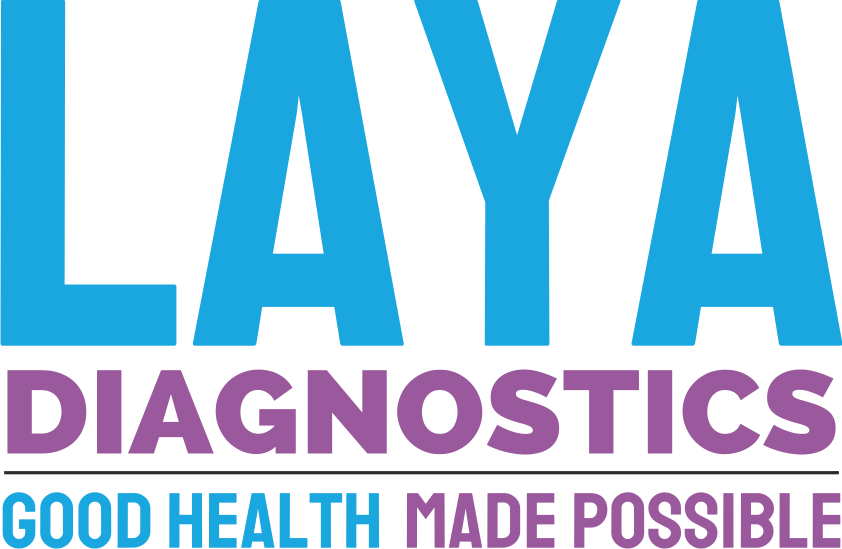

Diabetic Profile
About
Diabetes is a disease that occurs when the blood glucose level, also called blood sugar level, is very high. Blood glucose is the main source of energy for the body and comes from the food that we eat. Insulin is a hormone secreted by the pancreas, which helps glucose from the food to get into your cells that can be used for energy. When your body does not make enough, or does not make any insulin, or does not use insulin well is a symptom of diabetes.
 Offers
Offers
Offer Price - Contact Branch for Rates & Offers
Test list
- CBC
- FBS & PPBS
- SERUM CREATINE
- LIPID PROFILE
- HBA 1C
- URINE KETONES
